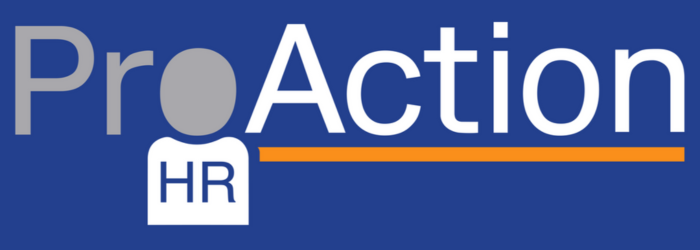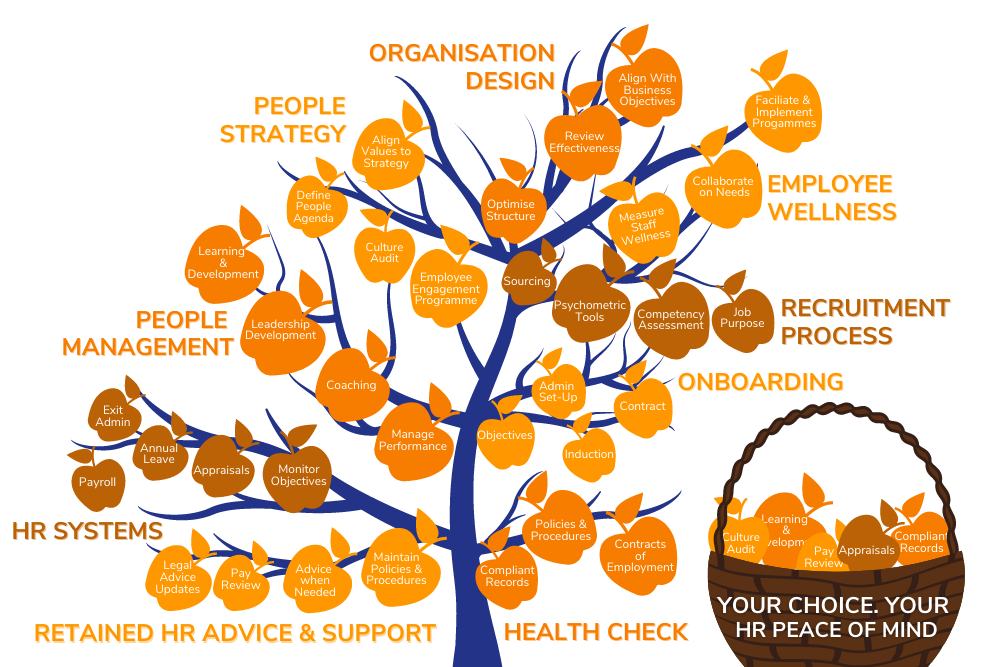How many ways can HR support your business goals?
There is so much more to HR than ‘hiring and firing’ with a wide range of different elements which can be combined to suit your business needs now and with a mind to the future too.
If you run a small business, especially with the ever-increasing commercial costs we are all experiencing, you might be tempted to hold fire on any HR related investment. After all, your managers can probably hire, terminate, and manage the performance of their team without any dedicated HR resource – especially if you only have a small team. Right?
However, this may not be something that your managers have much experience of, so maybe some training or coaching on best practice management would help them to develop the right skills to successfully hire new staff. Likewise, to allow them to tactfully and respectfully manage the process of letting people go if you need to downsize.
Here are a couple of scenarios which involve a range of HR elements you may not have previously considered:
If you are hiring in the current war for talent
Its key to ensure your new starters have a positive onboarding experience, which runs from when they apply for the role through to allowing them to get up and running when they join you so they can prove their worth as soon as possible. The onboarding experience runs to the end of their probationary period ideally, or 3 months as a guide.
Ahead of recruitment, having a good understanding of the experience and skills as well as the personality type that will best suit the role and the team dynamic and culture of the business is very important to define to ensure you hire right first time.
A thorough recruitment process is key to ensure you hire the right people best suited to your business and one that offers a quick and responsive experience for candidates too.
A key element is speed with recruitment right now so introducing an applicant tracking system into your business will streamline the process for all involved.
Having a consistent interview process in place – using competency-based interviewing for example, can ensure you measure candidates like for like by asking each one a predefined, specific set of questions. These can then be re-purposed as you recruit for new roles too.
Once you’ve hired, a consistent induction programme should be in place so that from day one they have all the legislative paperwork, plus the equipment and access to systems and tools they need to carry out their role.
A sound onboarding process is essential so that new employees can quickly get up to speed with the culture and processes within the business, as well as meeting everyone and having time to understand how they fit into the bigger picture. Having this process defined and planned is a good investment and can be rolled out to all new starters. Remember, the first 3 months are critical as to whether they stay or jump ship.
If you are challenged to retain your current team
We’ve touched on the ongoing talent war, so retaining your existing staff is also a real challenge right now. How do you ensure they will remain loyal and stay with you when there are so many work opportunities available right now?
It’s a hard task in many industries, with a lot of elements to consider. Flexible working; hybrid or remote working; employee wellness; training; management development; as well as offering an inclusive culture if you’ve chosen a hybrid or remote working model; as well as the everyday admin of payroll, absence management, sickness, performance reviews etc that is involved in employing staff.
Having processes in place for all these elements contributes to making sure your people feel valued, included, respected, and motivated. Having easy to use systems and clearly defined procedures will ensure they will feel confident that their needs are met and comfortable working for an organisation that has taken the time to allow them to be able to access, manage and provide information with ease.
Other HR elements related to staff retention could be:
The introduction of an employee engagement programme.
Enhanced communications to encourage a more open and inclusive culture.
Staff satisfaction surveys - then taking action and offering feedback on the results.
A leadership or management development programme to allow them to see a clear path of their future with your organisation.
Aligning business values with strategy.
A focus on staff retention is a long-term investment not a once and done activity, so each element of HR designed to retain your people ideally needs some dedicated resource and knowledge to plan, implement and then manage.
These two examples cover just some of the elements of HR, there are many more.
There is all the legislation and compliance aspects of employing staff, as well as appraisals, pay reviews performance management, learning & development, leadership training and coaching, as well as any conflict resolution and exit management.
It’s a lot to consider but we think it’s safe to say that many small to medium-sized businesses run more efficiently with some level of dedicated HR support. Having systems and processes in place as your business expands and your headcount increases will positively support that growth.
Most SMEs do not need a full-time in-house resource., instead we liken it to picking apples from a tree – you just add those to your basket that you need, as and when you need them.
Some elements are done once and then are in place for the foreseeable future, whereas others do require regular review or management.
This graphic demonstrates all the different elements of HR and how they can be combined to support your business goals.
If you feel there is scope for some HR support, there are several things that HR professionals can do for a business to drive your bottom line. You’ll save time – and likely money – in the long run by using some HR expertise plus some online management tools right from the start of employing any staff.
One person working for a few hours each month may be able to handle all the day-to-day HR duties of a small business. You can consider hiring a part-time HR administrator directly or outsource your HR processes to an organisation like ProAction HR!
We appreciate that are a lot of apples to choose from so we highly recommend your next step is to book a discovery call with us.
We can then make sure you’ve got all you need in your HR basket to make running and growing your business that bit easier and quicker to manage.



